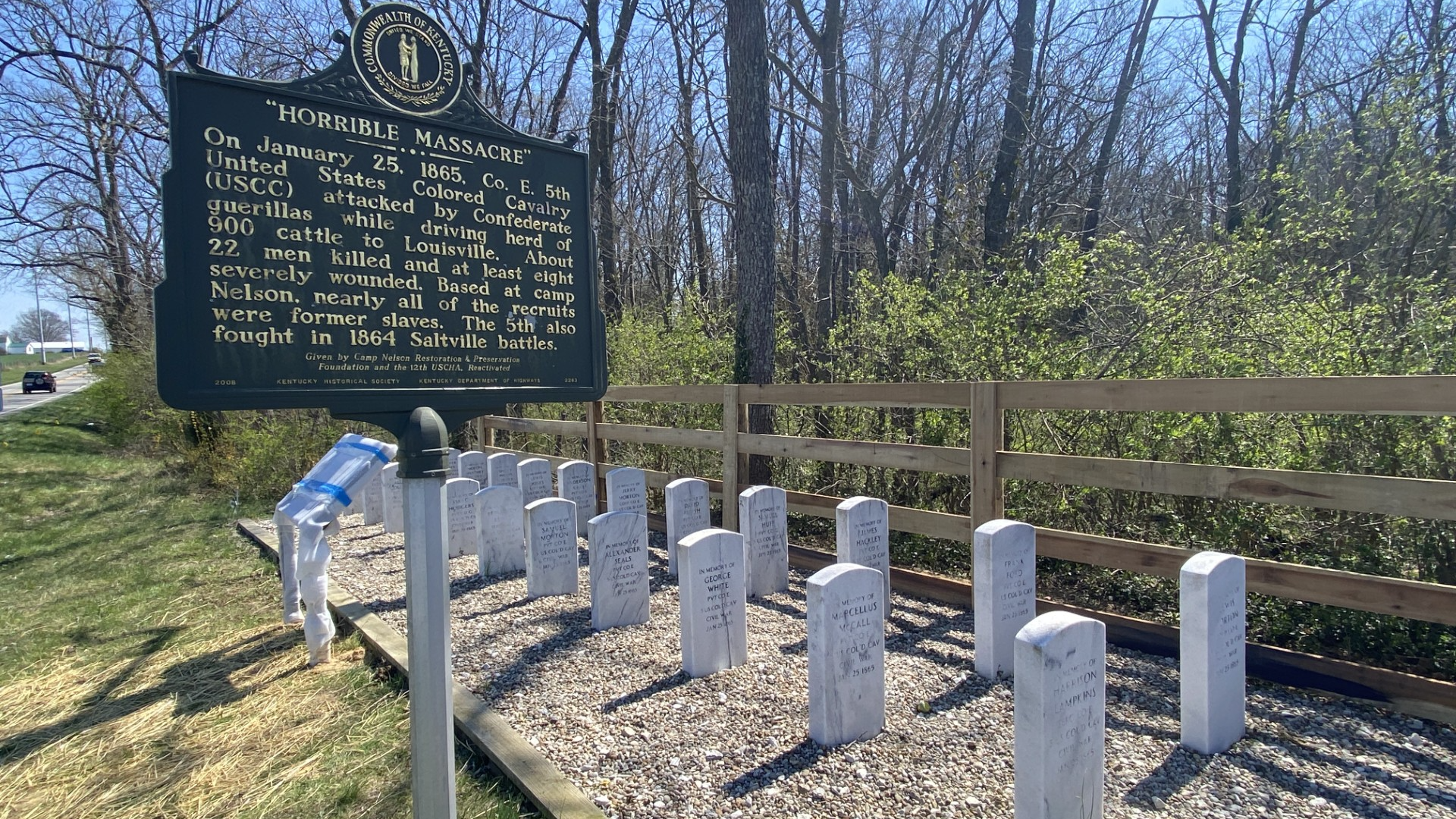Death of Spouse Increases Risk for Heart Attack, Stroke

Widows and widowers are at increased risk for heart attack or stroke in the month following their spouse's death, a new study from the United Kingdom suggests.
Older adults who had lost their partner were about twice as likely to experience a heart attack or stroke in the 30 days following their partner's death compared with people who had not lost their partner during the same time period, the study found.
This elevated risk declined after one month. And after more than three months, people who had lost their partner were just as likely as people who had not lost their partner to have a heart attack or stroke. [6 Scientific Tips for a Successful Marriage]
The study results support previous research suggesting that major life events, including the death of a spouse, can lead to a temporary increase in the risk for heart problems, the researchers said. However, few studies had been large enough to determine exactly how much the risk increases after a partner dies, they said.
The researchers analyzed information from more than 30,000 adults ages 60 to 89 in the United Kingdom who'd lost a spouse between 2005 and 2012, as well as more than 83,000 adults in about the same age range whose partners were still alive.
Fifty participants in the first group, or 0.16 percent, experienced a heart attack or stroke within 30 days of their partner's death, compared with just 0.08 percent of those whose partners were still alive during this time period.
The link held even after the researchers took into account factors that might affect the risk of heart attack and stroke, such as age and history of chronic diseases, including heart disease and high blood pressure.
Sign up for the Live Science daily newsletter now
Get the world’s most fascinating discoveries delivered straight to your inbox.
This risk "seems likely to be the result of adverse physiological responses associated with acute grief," the researchers, of St. George's University of London, wrote in the Feb. 24 issue of the journal JAMA Internal Medicine.
More research is needed to better understand how grief might increase a person's risk for heart problems, but some studies have suggested that people who are grieving experience short-term changes in blood pressure, stress hormone levels and factors that help with blood clotting.
It's also possible that people may neglect their own health care needs following the death of a loved one, the researchers said.
At this time, the most feasible strategy for preventing heart problems during periods of grieving is to ensure good long-term management of heart-disease risk both before and after bereavement, the researchers said.
Follow Rachael Rettner @RachaelRettner. Follow Live Science @livescience, Facebook & Google+. Original article on Live Science.

Rachael is a Live Science contributor, and was a former channel editor and senior writer for Live Science between 2010 and 2022. She has a master's degree in journalism from New York University's Science, Health and Environmental Reporting Program. She also holds a B.S. in molecular biology and an M.S. in biology from the University of California, San Diego. Her work has appeared in Scienceline, The Washington Post and Scientific American.









